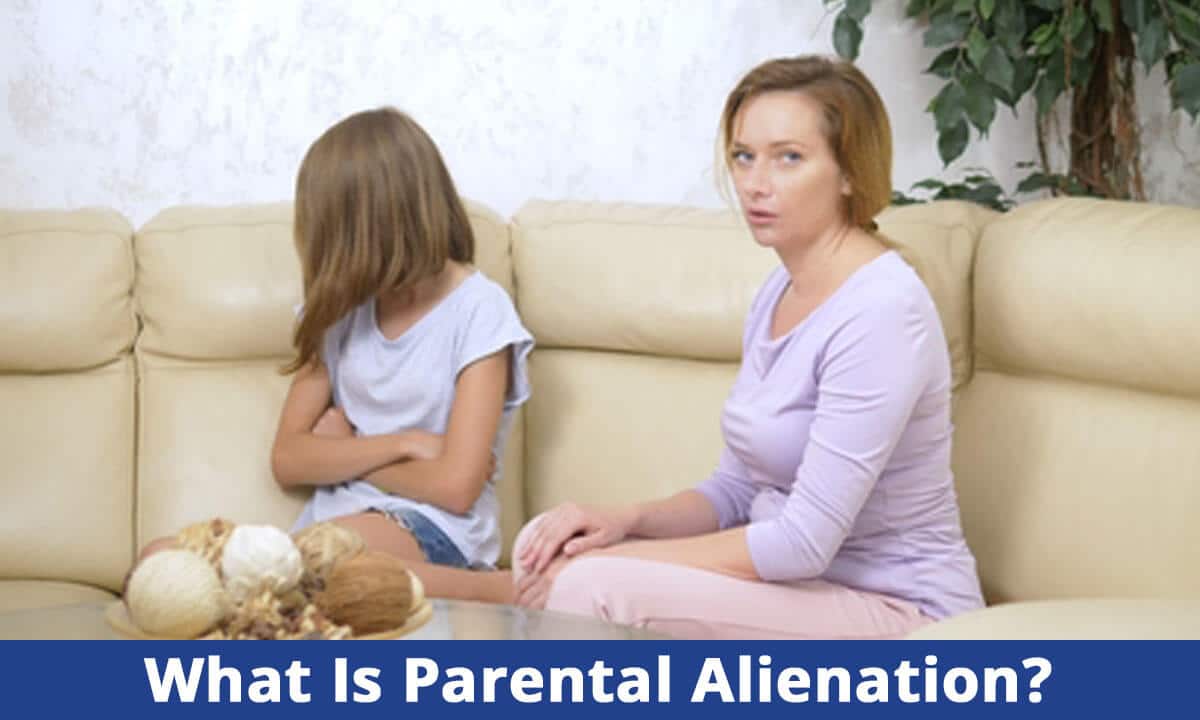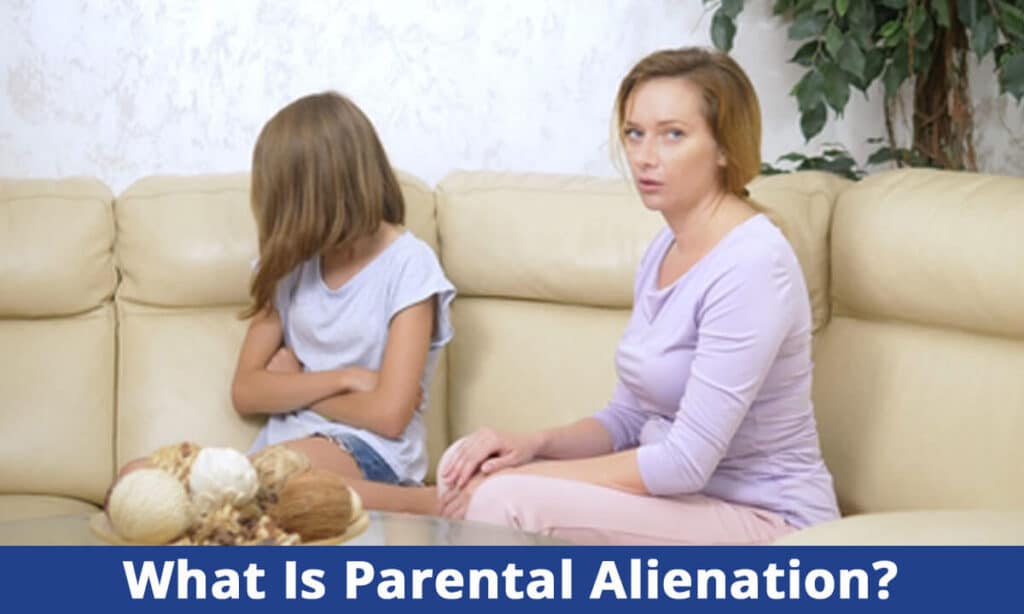What Is Parental Alienation or Manipulation?

Parental alienation, or parental manipulation, is all too common in high-conflict divorces or child custody battles. Unfortunately, it’s also devastating and can cause an irreparable breakdown of parent-child relationships. Here’s what you need to know about parental alienation and what your legal options are if you believe your child’s other parent is manipulating them to alienate you.
Parental Alienation Defined
Parental alienation is often used as a blanket term for psychopathological manifestations seen in children involved in contentious divorces or separations. However, the definition of parental alienation is more specific and refers to a child’s unjustified rejection of one parent, usually caused by the conscious or subconscious manipulation of the child’s emotions and viewpoint by the favored parent.
Why Does One Parent Manipulate a Child to Alienate the Other?
The drive to manipulate a child to reject one parent and not the other can stem from a wide variety of causes, such as:
- The desire to get revenge. Your child’s other parent may want to “get back at you” for ending the relationship and may see your child as an easy way to hurt you.
- Jealousy over a new partner. The other parent may be angry or jealous if you’ve become involved in a new relationship and may try to break you and your partner up using your child to come in between you.
- Your ex may want alimony or to divide your assets a certain way and may be holding your child as an “emotional hostage” until you meet their demands.
- Untreated mental illness. Having a mental illness or personality disorder does not in and of itself mean that a parent will inherently manipulate their child. However, when mental illness is unrealized or untreated, the symptoms of these disorders can reflect in unhealthy parent-child relationship dynamics which may include parental manipulation.
The Effects of Parental Manipulation on Children
A child’s inherent desire — and a critical developmental need — is to love and be loved by both parents. When one parent manipulates a child to alienate the other, the child is often negatively impacted. The effects of parental alienation on children include:
- Reduced self-esteem
- Depression
- Anxiety
- Self-harming behaviors
- Self-hatred and internalized guilt
- Substance abuse
- Complex post-traumatic stress disorder
- Personality disorders
- Difficulty in school
- Difficulty eating or sleeping
- Changes in mood or behavior
Warning Signs of Parental Alienation in a Divorce
Signs that your child’s other parent may be attempting to manipulate them into alienating you include but aren’t limited to:
- Your child displays heightened aggression or apathy toward you with no known provocation.
- Your child displays a sense of entitlement to toys, games, or other items of interest. They may also attempt to manipulate you to buy these items by threatening to tell the favored parent or end the parent-child relationship with you.
- Your ex begins to deny visitation requests or otherwise tries to limit your contact with your child.
- Your child requests that you no longer attend school-related or extracurricular functions, e.g. asking that only the favored parent attend school conferences or ball games. You may also find that you have been removed as an authorized contact on your child’s school records without your knowledge or agreement.
- Your child doesn’t seem to remember any good times you previously shared together.
- Your child begins to echo criticisms similar to what you’ve heard the other parent say to or about you.
- Your child suddenly seems afraid of you.
- Your child assumes responsibility for your rejection and does not “betray” the favored parent. Any parental manipulation that your child is aware of may be kept secret in an effort to protect the preferred parent.
Is Your Child Beginning to Alienate You? Contact a Long Island Family Lawyer Today
If you suspect that your child is alienating you due to influence or manipulation by the other parent, it’s critical that you take action as soon as possible. It’s in your child’s best interests to maintain a healthy, loving relationship with both parents whenever possible, and being subjected to the psychological abuse of parental manipulation can seriously impact your child’s mental health and emotional wellbeing.
Contact the experienced Long Island family lawyers Hornberger Verbitsky, P.C. today for a consultation to learn about your legal rights. Call now at 631-923-1910.
SCHEDULE YOUR FREE CONSULTATION TODAY
Call 631-923-1910 or fill in the form below
Schedule your complimentary consultation and case evaluation with our experienced attorneys today. When you call, you’ll speak to our friendly Client Services Director, who will be able to answer your general questions and set up your appointment with an attorney who specializes in your unique case.
At your meeting, your attorney will describe the many options available and determine together which is the right solution for you. By the end of this meeting we’ll all understand how we can best help you to move forward.
No Cost or Obligation
There is no cost or obligation for this initial consultation. It is simply an opportunity for us to get to know each other, answer your questions and learn if Hornberger Verbitsky, P.C. is right the right law firm for you. Give us a call at 631-923-1910 or fill in the short form below to schedule your free consultation and case evaluation.
All Fields Are Required
